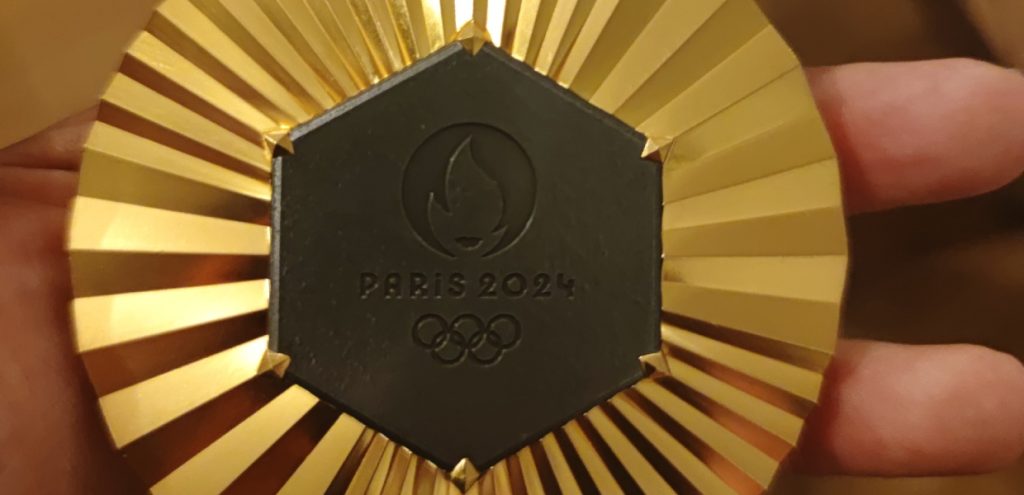Blog
Content is King, But Context is God.

A few years ago, I heard a phrase from one of the most prominent figures in sports science and its practical application, Martin Buchheit. The sentence was, “Content is king, but context is god.” This phrase stayed with me, but I didn’t fully understand it until years later.
In 2016, I moved to China for my first experience there as the head of physical preparation at a tennis academy, where the goal was to apply our methodology for the athletic development of tennis players. Despite cultural and methodological differences, since it was an international academy, we had the freedom to apply our working method without issue, as the objective was to implement a development model that had worked for many years. I worked on that project for almost two years and had the freedom to develop my work without any problems.
In 2018, I had the incredible opportunity to start working with the Chinese national badminton team—the most successful and dominant team in the history of the sport—and to begin working with the two mixed doubles pairs who were ranked number 1 and 2 in the world at the time, just before the World Championships, the most important event of that season.
I still clearly remember my first day with them… The team had just returned from a tournament tour before preparing for the World Championships, and we had 5-6 weeks of preparation. My initial plan was to conduct a recovery session and have an initial assessment to gather as much information as possible from the players (who at the time had a low level of English) in order to plan and individualize the rest of the training weeks. During the session, I could see many eyes on me (I was the first foreigner in history to be part of the Chinese team), and the rest of the team was doing a different kind of training.
At the end of the first session, I received a call from a colleague who had recommended me to the team, conveying a message from the coach of the players: “Tell Cristian that badminton players don’t train like this.” At that moment, I began to understand where I was, and that despite my extensive experience at that point, I had never worked with badminton players, and now I was preparing some of the best in the world. Even then, Martin Buchheit’s phrase didn’t resonate with me—I had a long track record, academic training, and my approach to training had a scientific justification… So, I calmly decided to explain my reasoning and approach in detail. Fortunately, I had the coach’s trust to continue working during those weeks, and even more fortunate were the results obtained at the World Championships.
From that moment until the Tokyo Olympics, I had the privilege of working with those players, in addition to Chen Yufei, with whom I began working a few months later. The journey was not easy, especially during a period when we found ourselves caught in a global pandemic. The whole world came to a halt, forcing us into a situation we were not prepared for, which required us to rethink the entire training process, as we didn’t know how long that period would last.
That period was one of the most difficult professionally, although the outcome of the Games could not have been better. However, there were many challenges that, had I understood the meaning of that phrase more deeply, I could have avoided. I believe that in the professional world, sometimes ego leads us into situations that prevent us from seeing the reality, and in the end, what’s most important in our work is helping the players—that must come before our ego. The key is to extract the maximum performance within the possibilities offered by the environment. Ultimately, I was part of the best team in the world, which had won long before I arrived and will continue to win after I leave.
After the Olympics, I took a break to reflect. I believe it’s important to do this after both success and failure in a professional career. During that time, I finally understood that phrase. In the end, it’s about doing your job, not compromising the values that define you as a person but understanding the context in which you are. You are part of a multidisciplinary team where everyone must work together to help the athletes. There are social and cultural elements you must understand, and the best way to bring about change is by understanding this process. If you do your job well and gain the trust of those around you on a daily basis, they are the ones who will help you make changes and open the doors for transformation.
Thanks to this introspective process, the next preparation period leading up to Paris 2024 was very different. Thanks to all the work done previously with the team, I had the absolute trust of the players and the team, which gave me the freedom to develop my work openly, always understanding my place in that context. Thanks to them, we enjoyed the process and built a path that I will always remember. I hope that all those who have read this will now better understand this phrase, which I will carry with me in every project I undertake.



